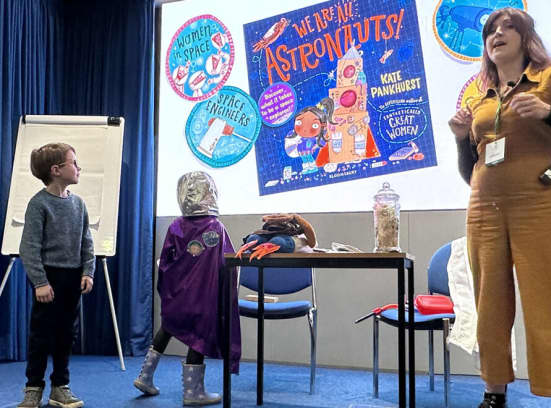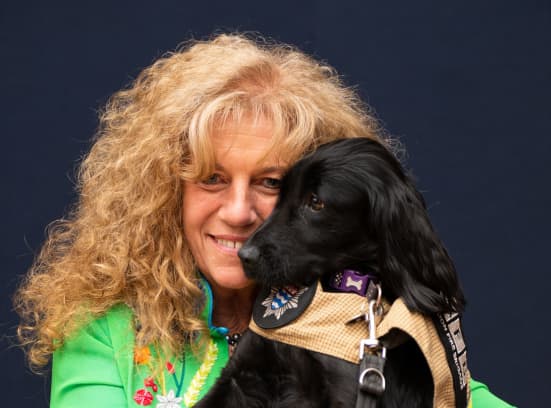No man is an island, entire of itself; every man is a piece of the continent, a part of the main. If a clod be washed away by the sea, Europe is the less, as well as if a promontory were, as well as if a manor of thy friend’s or of thine own were: any man’s death diminishes me, because I am involved in mankind, and therefore never send to know for whom the bells tolls; it tolls for thee. Devotions upon Emergent Occasions – John Donne
Donne wrote those insistent, curative words in 1623. Now, 395 years later, its abiding lesson is perhaps as poignant and urgent as it has ever been. One can barely make it to lunchtime without being reminded of the increasing bitterness of our views, of how fortified we are in the ramparts of our own ideological design, how instant, how saturated and how apparently meaningless communication has become. The zeitgeist is laden with the nebulous deprecation of culture itself – we’re drunk on technology, sleepwalking into oblivion, sequestering ourselves into a monochrome nightmare. This narrative is self-enforcing, like a forest fire in a headwind.
Donne speaks to the essential interconnectedness of humans; a natural fact that confers a psychological necessity. We now know what he could not, that without cooperation and complex social cohesion we would have never left the caves, let alone visited the moon. Donne opines that injuries to the social fabric involve every stitch along its course; that if some languish in states of chronic isolation and loneliness, it affects us all. Ensconced in the trappings of modernity, we may have lost sight of this social tapestry. A result of this is that 1.2 million people in the UK are chronically lonely. Chronic loneliness is a pressing public health issue that obliges us all to recognise our part in its alleviation. The MP Jo Cox, who was assassinated by a right-wing terrorist in 2016, championed this issue. In her memory, the Jo Cox Commission on Loneliness was founded and has since continued her work, forever muffling the mission of her murderer.
“The man who killed her wanted to silence her,” said Seema Kennedy MP, co-chair of the commission, “but actually he’s done the absolute opposite. More people have now heard of Jo Cox than ever would have.” Her name is now synonymous “with empathy, with love, with energy and with action”, while her murderer’s name has faded to rightful anonymity.
That loneliness could affect physical as well as mental health might surprise you, as it surprised me. An oft-quoted statistic is that it’s equivalent to smoking 15 cigarettes a day. According to the Campaign to End Loneliness, such is the increase in mortality amongst the chronically lonely that it is comparable to better-known risk factors like obesity. It can increase the likelihood of high blood pressure and is associated with coronary heart disease. All of which is compounded by the fact that those lacking social connections will also usually lack an immediate source of help, causing inflated use of medication, visits to the GP and earlier entry into residential or nursing care. In 2017 the chair of the Royal College of GPs, Professor Helen Stokes-Lampard said, “If nothing is done, loneliness will, inevitably, take its toll on the entire healthcare system.”
Andy Nazer from the Campaign to End Loneliness was clear that the first steps to avoid this problem in our own lives can be taken by facing the issue head-on. Without due preparation, he told me, changes in life can catch us offguard. Bereavement, disability, retirement, unemployment and any other of life’s sudden junctions can leave us lacking social capital and the means to regain it. Seema called this “future-proofing” and reiterated the importance of “taking control of our own lives and being a good neighbour – something Jo was very keen on”.
By definition, the chronically lonely are often invisible to us. Though we might not see those that struggle to leave their home or those in care, there are daily opportunities to reach out to one another. The Be More Us campaign, run nationally by Andy’s organisation, aims to show “that during conversations it is possible to establish something that connects you and that person in front of you”. These moments pass by every day and they needn’t. Last month on the bus home I gave my seat to an elderly man called Ray. I started to chat to him, somewhat nervously, and it turns out he was in the RAF at the same time as my grandfather. After I got off, as the bus pulled past, he waved at me with a smile and it made my day.
Perhaps there’s something innately reticent about Britishness or perhaps this is simply the pernicious comorbidity of modern technology and its attendant behaviours. It’s naïve to think we can undo the technological revolution – “the genie’s out of the bottle” as Seema put it – though having said that, we can all moderate our addiction to screens and invest energy in regaining the sorts of interpersonal contact that can have real consequences for this problem. Moreover, the benefits aren’t just there for the lonely person – Andy explained: “It can be tremendously empowering to step forward rather than step back and participate within your community.”
Much of this problem survives on the cognitive dissonance inherent in modern society. People pour scorn on millennials from behind keyboards and touchscreens. People reminisce about days when kids climbed trees and read books, then buy them iPads at Christmas. The fact is that we are all responsible for the health of our social fabric. The isolation of one diminishes us all for we are all part of mankind. To break the inertia, to reenergise that which has atrophied in our relationships, we must swallow our pride and act, for the bell tolls for thee. Now, if you’ll excuse me, I’m off to phone my grandma.
bemoreus.org.uk | campaigntoendloneliness.org | jocoxloneliness.org








